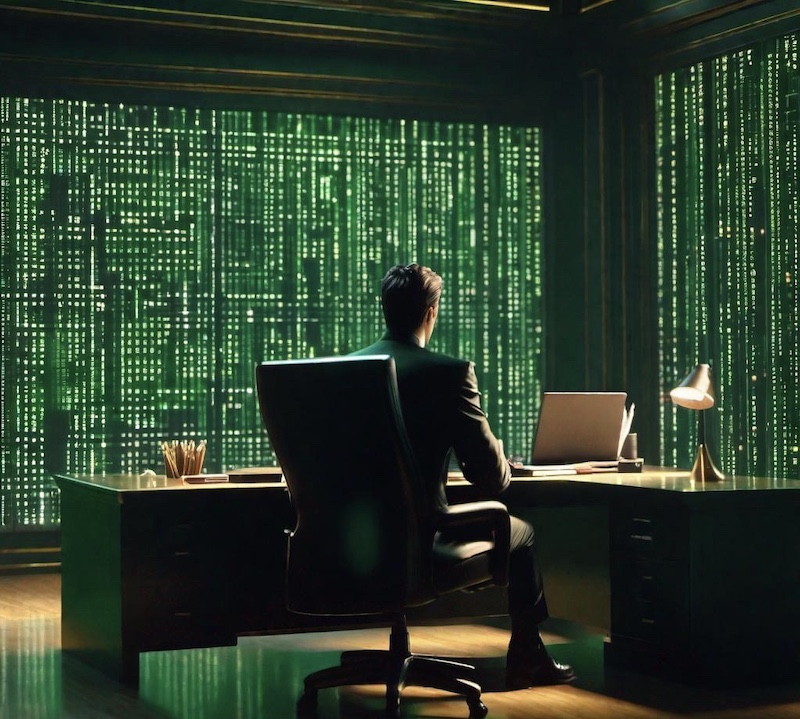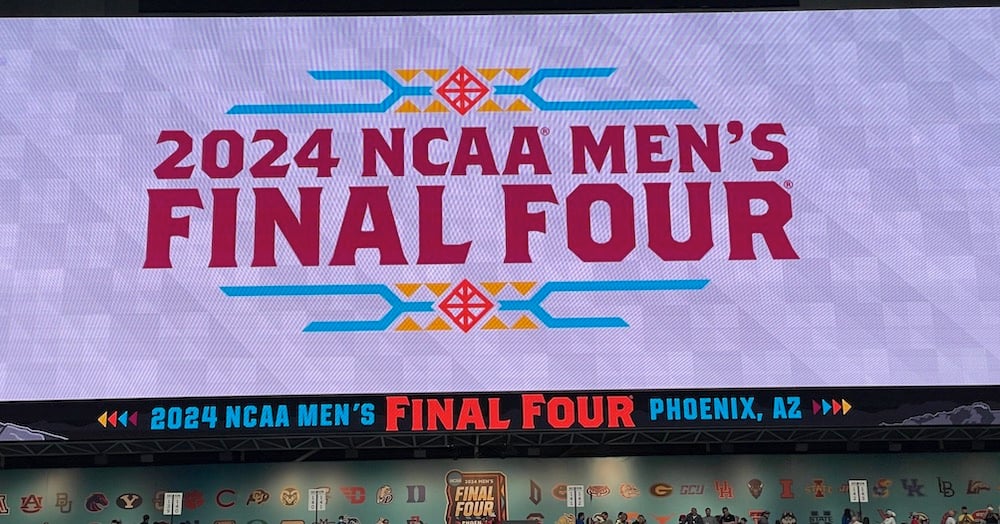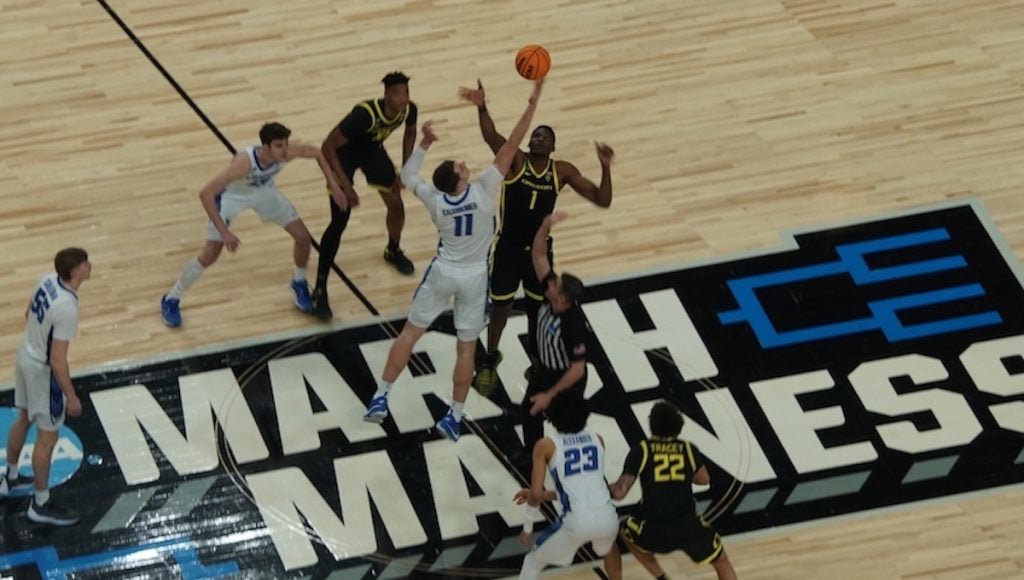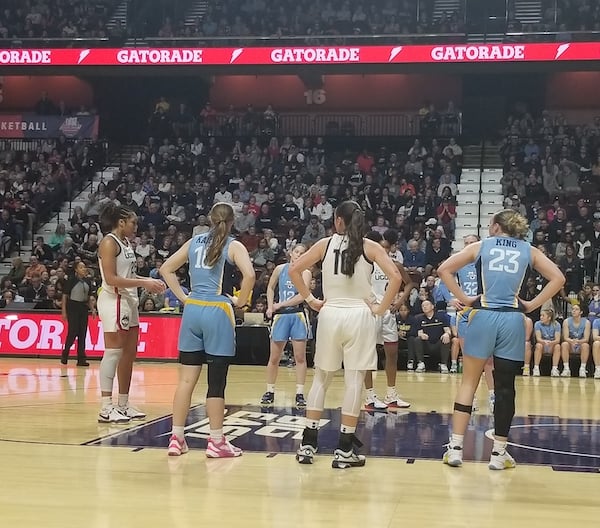Fact Checkers: Guardians of Truth or Manipulators of Reality
Written by Adam Bird on 08/21/2023
In an era marked by a deluge of information, the rise of fact checkers has taken center stage as society grapples with an unsettling question: What is truth? In a time when falsehoods can spread like wildfire and realities seem malleable, these modern-day detectives of veracity have emerged as defenders of rational discourse. But are they the unsung heroes of our age, or do they wield a power that we should be wary of?
The Age of Information Overload: A Truth Crisis
Once upon a time, it seemed relatively straightforward to discern fact from fiction. However, the digital revolution transformed the landscape. The ease of sharing information, while empowering, gave rise to a tangled web of misinformation, disinformation, and half-truths. Suddenly, “alternative facts” became a euphemism for outright lies, and echo chambers reinforced beliefs, no matter how detached from reality.
In this atmosphere, fact checkers emerged as a beacon of clarity. They pored over claims, statements, and news articles to separate wheat from chaff, truth from deceit. But why did this profession become so critical? Is it simply due to certain truths being revealed?
The Uncomfortable Truth: Navigating Biases
While fact checkers strive for impartiality, they, too, are human. The notion of an objective reality is a complex one, as our experiences and beliefs influence our perceptions. Therefore, the fact-checking process itself can be colored by unconscious biases. This raises the question: Are fact checkers arbiters of truth, or interpreters of it?
Their information sources are diverse, ranging from reputable news outlets and official documents to scholarly articles. Yet, the selection of sources can also be influenced by bias. After all, what is considered a credible source in a world where even established institutions are scrutinized? 
Fact Checkers: Guardians of Truth or Gatekeepers of Narratives?
Fact checkers, ostensibly impartial, often find themselves operating within institutions, some of which have their own agendas. The media landscape is evolving, and the relationship between mainstream media and big tech companies introduces new dynamics. With algorithms curating our feeds and determining what we see, questions about the boundaries of freedom of speech and control of information arise.
Fact checkers, operating under the umbrella of these entities, could inadvertently become cogs in the machinery that shapes our understanding of the world. While their role is vital in combating misinformation, the danger lies in the potential for them to inadvertently blur the line between fact and interpretation, veering into the territory of thought policing.
Questioning the Narrative: A Call to Critical Thinking
In a world where fact checkers are poised as the modern-day custodians of truth, it’s imperative that we, as consumers of information, don’t abdicate our responsibility to think critically. The rise of fact checking indicates a need for collective introspection – a reminder that the truth isn’t merely what we’re told; it’s what we scrutinize, evaluate, and uncover for ourselves.
As we navigate this labyrinthine landscape of information, let’s not forget that while fact checkers play a crucial role, they are only one facet of a much larger dialogue. Their rise should inspire us to question, to challenge, and to think twice. In this era of uncertainty, embracing a curious and discerning mindset might be the true antidote to the pervasive chaos of misinformation.
In a world where “facts” are as mutable as opinions, the journey to truth might be more intricate than we ever imagined. Let’s embark on this journey together, armed with skepticism, open minds, and a collective determination to uncover the undeniable truths that shape our reality.





